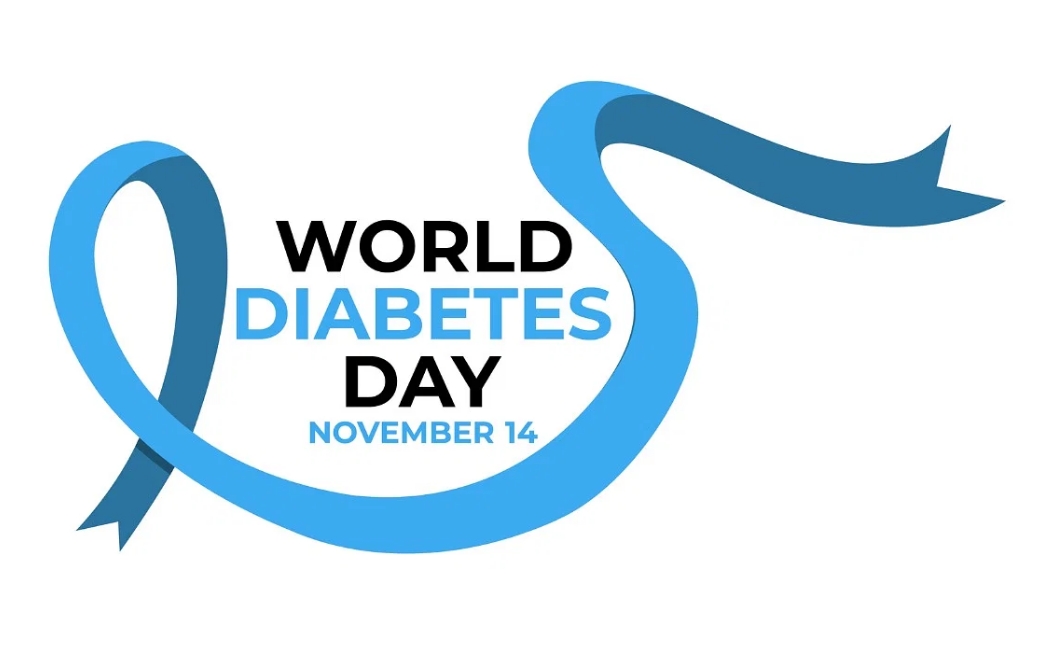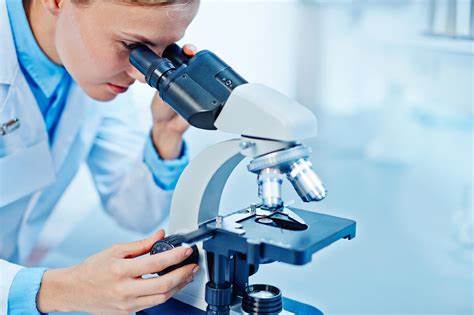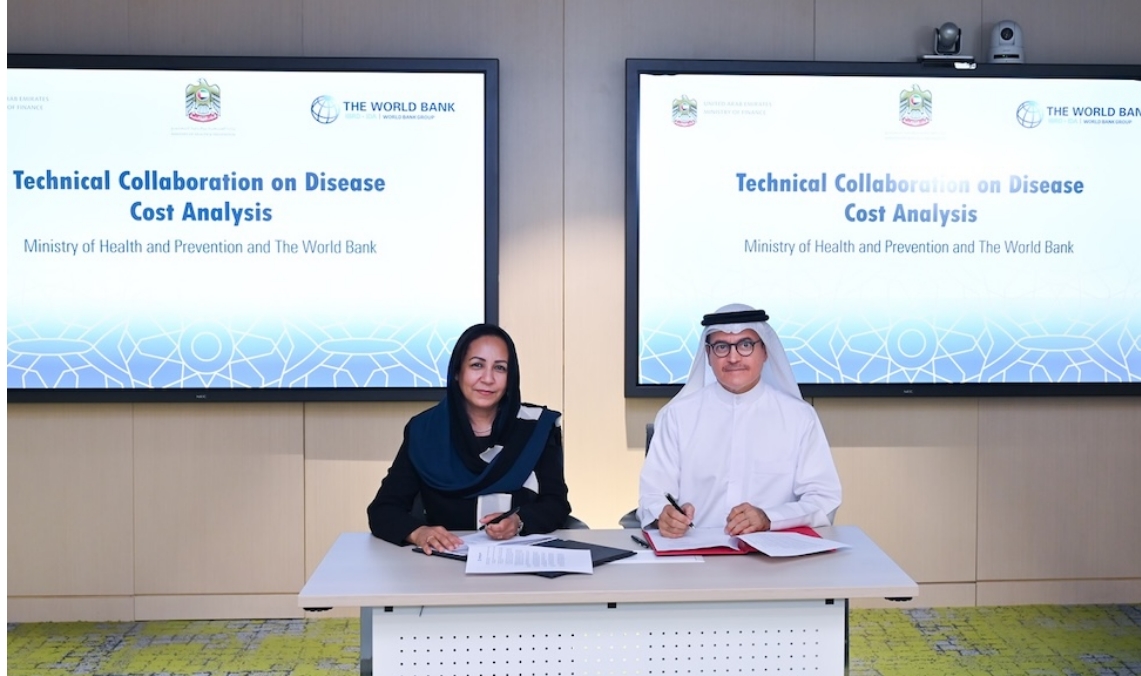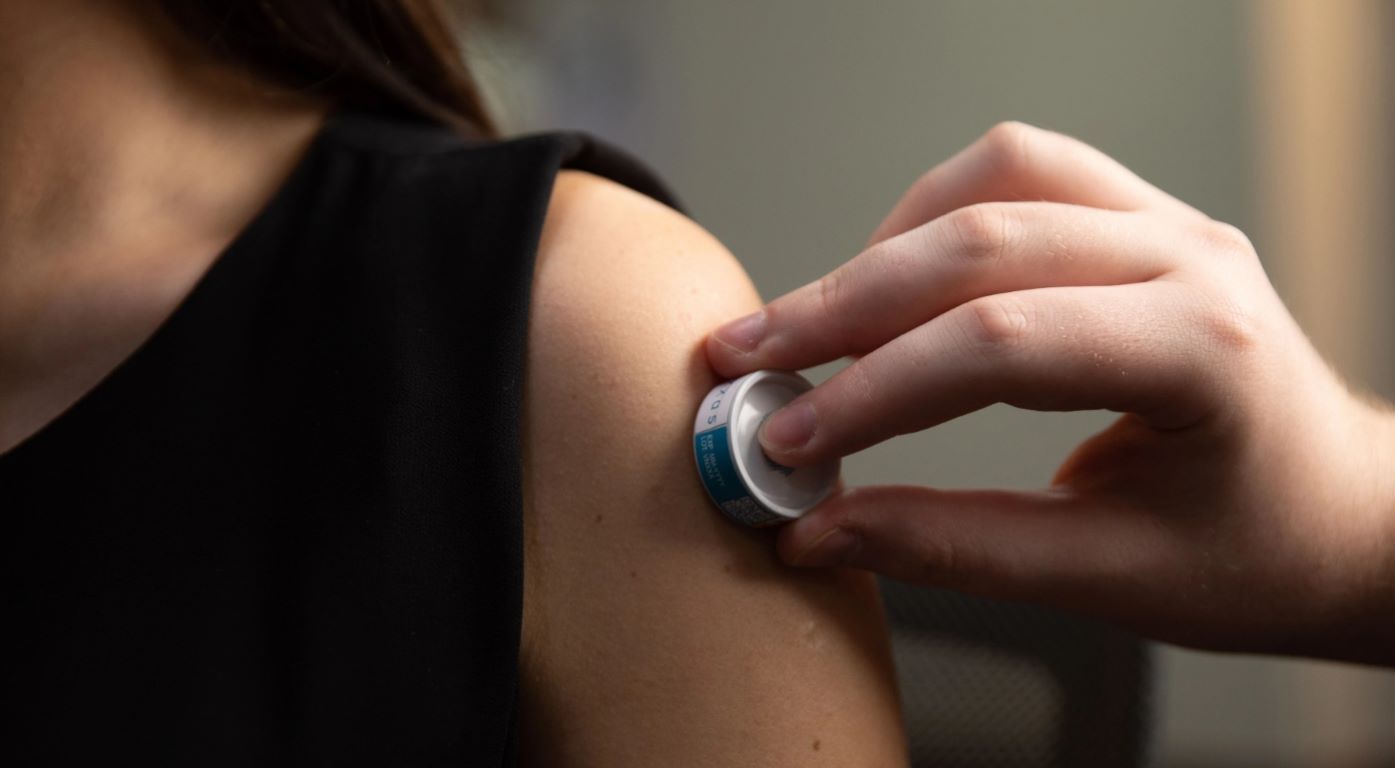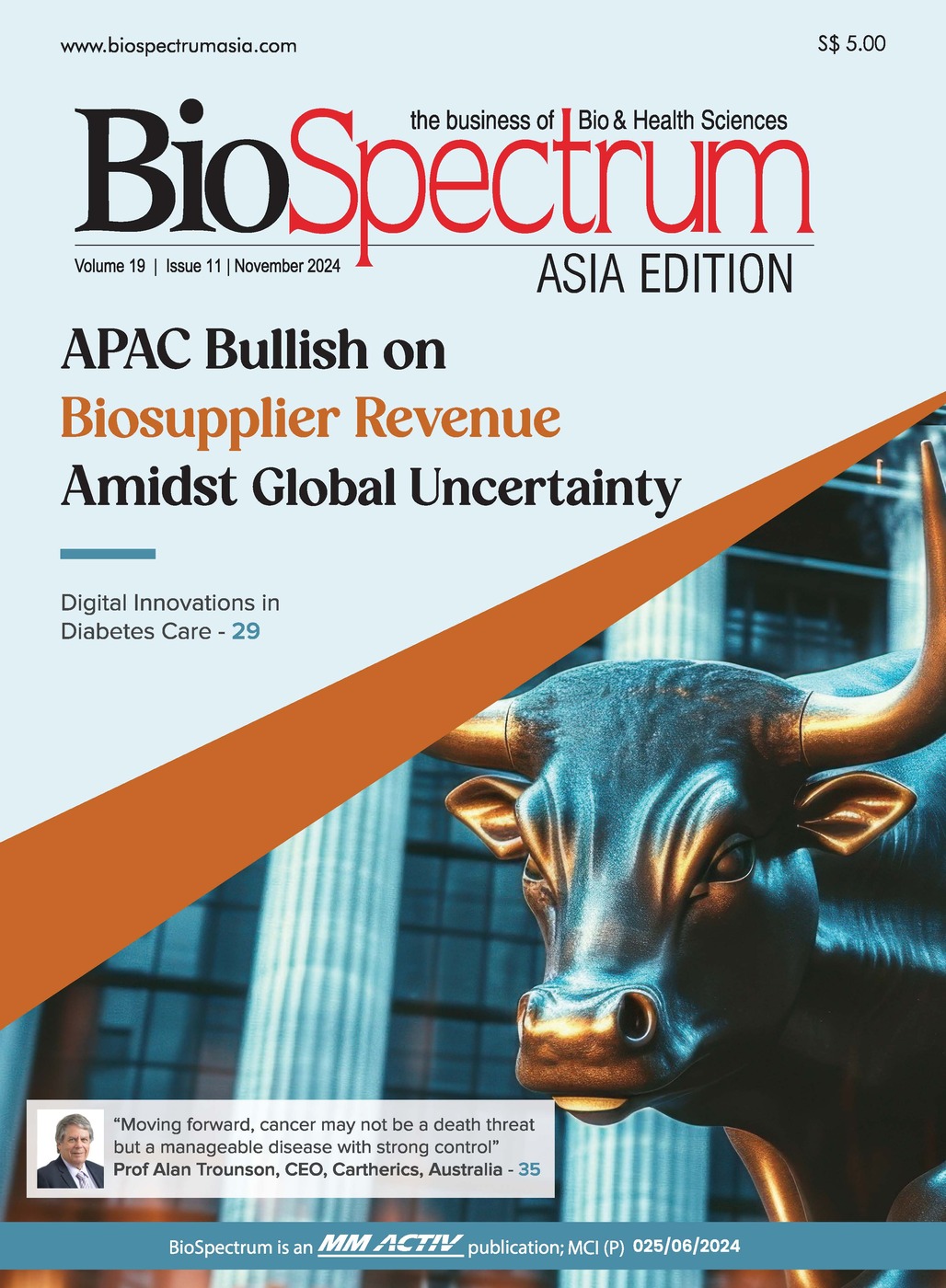Road Map to modernized production of lifesaving drugs, food preservation identified by Purdue University
13 September 2017 | News
The LyoHUB has 14 industry members, including pharmaceutical companies and equipment manufacturers
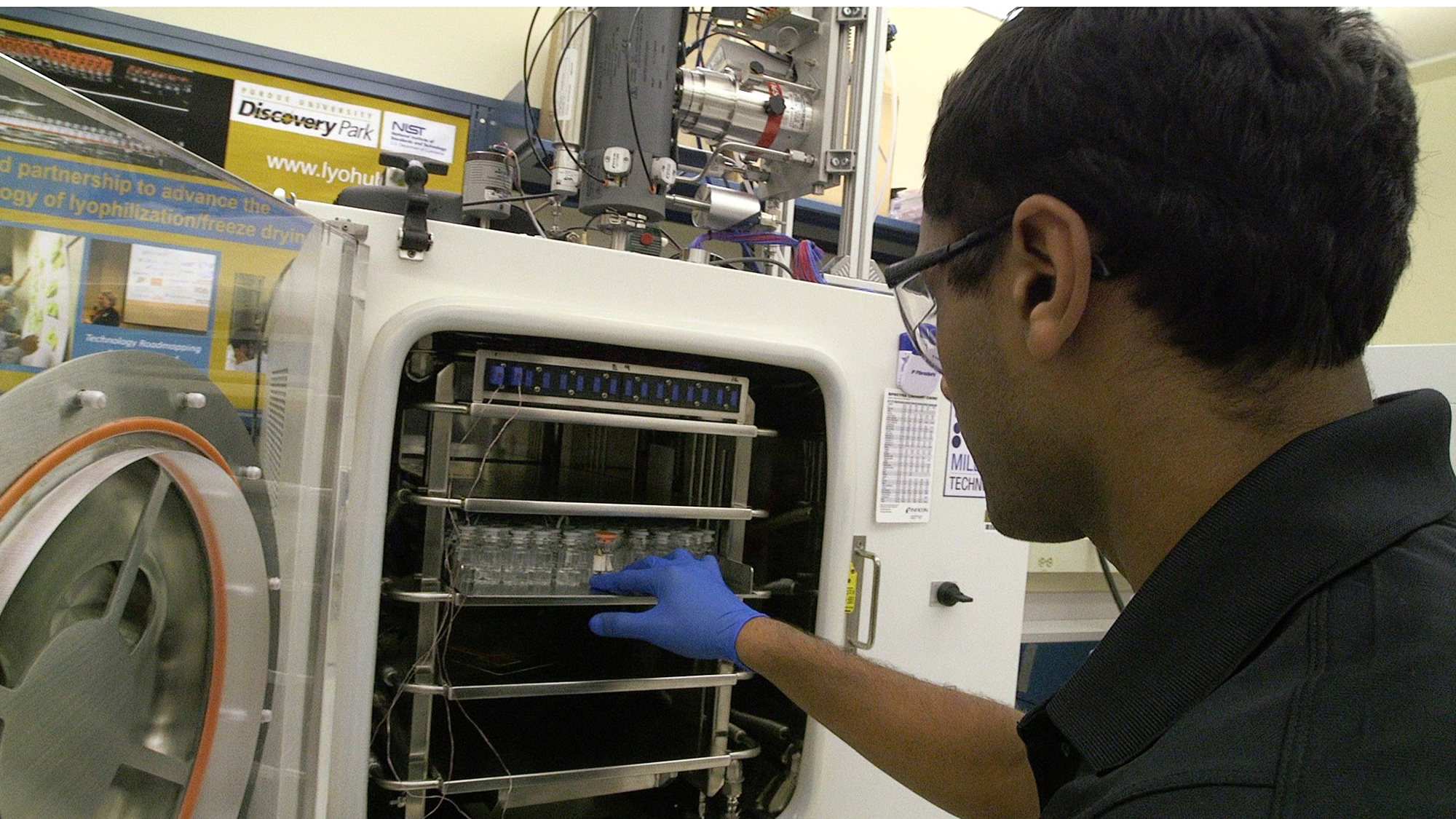
Source: Purdue.edu
A new 10-year road map to identify the improvements that are needed in lyophilisation has been published by the Advanced Lyophilization Technology Hub, or LyoHUB, at Purdue University.
A consortium of experts is working to modernize a process that is used in making a wide range of products, from freeze-dried space foods to lifesaving wonder drugs.
The process, called “lyophilization,” removes water at low temperature and pressure. Lyophilization is needed for products that would be damaged if they were dried by heating, but it can be slow, energy-intensive and expensive.
Elizabeth Topp, a professor in Purdue’s Department of Industrial and Physical Pharmacy co-leads the consortium with Alina Alexeenko, a professor in the School of Aeronautics and Astronautics.
Topp said, “One needed improvement is the introduction of disruptive new technologies that would dramatically increase the efficiency of lyophilisation. Ultimately, we’d like to help bring about high-quality, lower cost, more readily available pharmaceuticals and food products that are made with lyophilization or related new technologies.”
“The Lyophilization Technology Roadmap presents the collective view of trends, drivers and technology development opportunities of over 100 industrial, academic and government experts working in this area”, Topp added.
The LyoHUB leadership team also includes Michael Pikal, a professor of pharmaceutics at the University of Connecticut; and Steve Nail, senior research scientist at Baxter Biopharma Solutions. They provided leadership in producing the road map with Steve Shade, managing director of Purdue’s Center for Advanced Manufacturing, and more than 100 experts from across the country.
The road map launched recently identifies key factors driving change, gaps in technology that require research solutions, industry needs, educational roles and regulatory issues impacting the field over the next decade. It was developed with input from the pharmaceutical and foods industries, lyophilization equipment and instrumentation manufacturers, related industries, academia and government agencies.
“There are three big areas where we need technological innovation: products, process and equipment,” Pikal said.
“The energy efficiency of a production lyophilizer is well under 5 percent, so it’s terribly energy-inefficient,” Alexeenko said.
“There is a lot of room in the near term to make improvements in how we do lyophilization by tweaking the current technology. In the long term, we want to start all over again in the design of the equipment. We want to design a lyophilizer that operates in what we call continuous mode”, Topp said
Lyophilization is performed inside a chamber under low temperature and pressure. The process must be used to manufacture a class of drugs created with biotechnology, harnessing genetically altered cell cultures to produce complex proteins and peptides. The compounds are said to be “large molecules” and are nearly 1,000 times larger than conventional, small-molecule drugs. These large molecule drugs are too fragile to be dried by heating.
The LyoHUB has 14 industry members, including pharmaceutical companies and equipment manufacturers, and also brings together experts from academia, representatives from the U.S. Food and Drug Administration and other government agencies.
One way that LyoHUB will communicate with regulatory agencies is by publishing “best practices” papers. Each best practices paper will summarize current opinions about an aspect of lyophilization, as well as improvements that are needed. Best practices for industry procedures will be disseminated through research publications, workshops, education and workforce training.
The consortium also is supported by industrial membership fees and a grant from Indiana’s Next Generation Manufacturing Competitiveness Center, IN-MaC.
Arnab Ganguly, scientist and technology manager at IMA Life North America Inc., a manufacturer of pharmaceutical processing equipment. The LyoHub consortium and the resulting technology road map has been instrumental in bringing the lyophilization community closer than ever before. What earlier seemed to be a group of academics and industry leaders working in isolation on developments, now, through the consortium sat around the same table with representatives from federal agencies. We are optimistic of the level of engagement this has triggered and look forward to collaborative development.”


